
10 Ways Your Body May Be Telling You Something’s Wrong
Your body is constantly sending you signals. If you pay attention, it will often tell you when something isn’t quite right. Some signs are obvious—like a stuffy nose during a cold or a fever during an infection—but other signs of poor health can be subtle and easy to overlook.
Sometimes, the earliest signs of chronic or underlying health problems appear in small, almost imperceptible ways. These issues may not seem dangerous at first, but if ignored, they can grow into something far more serious. That’s why learning to listen to your body is so important.
There are countless ways your body might be trying to alert you to a problem. The following list isn’t exhaustive or diagnostic, but here are ten subtle signs that something might be off—and what you can do about them.
1. A Crawling or Achy Feeling in Your Legs

If you notice a crawling, throbbing, or tingling sensation in your legs—or an uncontrollable urge to move them—you may be experiencing restless leg syndrome (RLS), also known as Willis–Ekbom disease. The symptoms usually appear in the evening or at night when you are sitting or lying down, and relief often comes only through movement such as stretching, walking, or shaking your legs.
Common sensations include:
-
Crawling
-
Creeping
-
Pulling
-
Throbbing
-
Aching
-
Itching
-
Electric or tingling feelings
Because RLS typically worsens at night, it can seriously disrupt sleep and lower your overall quality of life. Many people never mention it to a doctor out of fear of not being taken seriously, but medical help can make a major difference.
Treatment often includes medications that increase dopamine activity in the brain or affect calcium channels. Certain opioids, muscle relaxants, or sleep aids may also help.
Home remedies can be beneficial too. Warm baths, leg massages, and hot or cold packs may ease discomfort. Magnesium supplements may provide additional relief. Establishing a consistent sleep routine and avoiding fatigue are also key, since tiredness tends to make symptoms worse. Moderate, regular exercise is helpful, but overexertion—especially late in the day—can intensify the problem. Reducing caffeine intake may also make a noticeable difference.
In addition, a special compression foot wrap designed for RLS sufferers has been shown to help reduce symptoms. Talk to your doctor about possible treatment options that fit your condition.
2. Your Skin Is Getting Thicker

Your skin is the largest organ of your body—and one of the best indicators of your overall health. If you notice that it’s becoming unusually thick, rough, or itchy, this could be a sign of an internal medical condition.
Possible causes include:
-
Pityriasis rubra pilaris (PRP): A chronic inflammatory skin disorder.
-
Psoriasis: A condition that causes rapid buildup of skin cells, leading to scaling and thick patches.
-
Hypothyroidism: When the thyroid gland doesn’t produce enough hormones, slowing down cell turnover.
If you develop raised, thick, red, or itchy patches, consult your doctor. They may perform blood tests or other diagnostic procedures to identify the cause. Once diagnosed, treatment can target the root problem—whether it’s hormonal, autoimmune, or inflammatory.
3. Changes in Handwriting, Smell, or Dreams

It might sound surprising, but subtle changes in your handwriting, sense of smell, or dreams can sometimes be early warning signs of Parkinson’s disease.
The symptoms of Parkinson’s typically develop gradually and worsen over time. They may include:
-
Tremors or shaking in the hands, arms, legs, jaw, or head
-
Stiffness in the limbs and trunk
-
Slowness of movement
-
Impaired balance and coordination (leading to falls)
-
Emotional changes such as depression or anxiety
-
Difficulty swallowing, chewing, or speaking
-
Urinary problems or constipation
-
Skin issues
-
Disrupted sleep patterns
Early symptoms can be very mild—perhaps a barely noticeable tremor, smaller handwriting, or speaking more softly than usual. Some people report having sleep disturbances, constipation, loss of smell, or restless legs before more visible motor symptoms begin.
There is currently no cure for Parkinson’s disease, but early diagnosis allows for effective management through medication, physical therapy, and lifestyle adjustments. If you suspect you might be showing early signs, consult your doctor for proper testing and assessment, as many other conditions can mimic Parkinson’s symptoms.
4. Experiencing Excessive Anger or Aggression

Anger is a normal emotion, but frequent, uncontrollable bursts of anger—especially over trivial matters—may indicate an underlying problem such as depression or anxiety disorders.
Psychologists have noted that unresolved anger or hostility can be deeply linked to depressive states. People who struggle with irritability or aggression may actually be masking sadness, frustration, or feelings of helplessness.
Unfortunately, anger is often overlooked in traditional depression treatment plans. If you or someone you know struggles with constant irritability or violent emotional swings, speaking with a mental health professional can help identify the root cause and provide healthier coping mechanisms.
5. Sleeping Too Much

While seven to nine hours of sleep per night is considered healthy, needing much more than that—or feeling exhausted even after adequate rest—may point to a condition called hypersomnia.
Hypersomnia causes excessive daytime sleepiness or very long periods of nighttime sleep. Unlike simple fatigue from staying up too late, this condition can make you feel persistently tired, leading to involuntary napping during the day that doesn’t relieve your exhaustion.
Possible causes include:
-
Multiple sclerosis
-
Depression
-
Encephalitis (brain inflammation)
-
Epilepsy
Treatment depends on the cause and can include stimulant medications, adjustments in work or sleep schedules, dietary changes, and avoiding caffeine or alcohol before bed.
6. Your Eye Color Is Changing
If you notice a gray or white ring forming around the colored part of your eye (the cornea), it may be arcus senilis—a condition caused by fat deposits in the cornea.
Although it’s generally harmless and common in older adults, it can sometimes signal high cholesterol levels in younger people. A medical checkup can confirm whether your cholesterol needs to be managed through diet, exercise, or medication.
7. Craving Salt Constantly
Occasional salt cravings are normal, especially after sweating or dehydration, but intense or ongoing cravings can point to hormonal or metabolic disorders such as:
-
Addison’s disease: When the adrenal glands don’t produce enough hormones.
-
Bartter syndrome: A rare genetic condition that prevents proper sodium reabsorption in the kidneys.
-
Cystic fibrosis: A hereditary disease affecting the lungs and digestive system.
If you crave salt frequently and can’t seem to control it, consult a doctor. Persistent cravings often come with other symptoms like fatigue, low blood pressure, or dehydration, which can help your physician identify the underlying condition.
8. Feeling Forgetful, Tired, or Having Low Desire for Intimacy
These symptoms may be linked to hypothyroidism, a condition in which your thyroid gland doesn’t produce enough hormones.
Other signs include:
-
Weight gain
-
Fatigue
-
Sensitivity to cold
-
Dry skin or coarse hair
-
Hoarse voice
-
Frequent or heavy menstrual cycles
Since hypothyroidism often stems from autoimmune issues or other diseases, your doctor can perform blood tests to check hormone levels and develop a suitable treatment plan, which usually includes thyroid hormone replacement.
9. Being Constantly Thirsty
If you find yourself drinking water constantly yet never feeling satisfied, you may have polydipsia, which often occurs alongside polyuria (frequent urination).
Potential causes include:
-
Diabetes mellitus: High blood sugar causing excessive thirst and urination.
-
Diabetic ketoacidosis (DKA): A serious diabetes complication.
-
Diabetes insipidus: A rare disorder involving low vasopressin (antidiuretic hormone).
-
Dehydration or fluid loss due to sweating, vomiting, or diarrhea.
-
Certain medications.
If you haven’t been diagnosed with diabetes but have constant thirst and dry mouth, talk to your doctor about testing your blood sugar. If you already have diabetes, these symptoms could mean your treatment plan needs adjusting.
10. Craving or Chewing Ice

A strong desire to chew ice—known as pagophagia—is a subtle but telling sign of iron deficiency anemia. The habit is classified as a form of pica, a craving for non-food substances.
A simple blood test can confirm low iron levels. If anemia is the cause, taking iron supplements and eating iron-rich foods (like leafy greens, beans, or lean meats) usually resolves the craving.
Listen to Your Body
Your body communicates in countless ways, and many of its signals are easy to dismiss. However, paying attention to subtle symptoms—changes in energy, mood, sleep, appetite, or even skin texture—can help detect problems early and prevent more serious complications later.
You know your body better than anyone else. If something feels off, don’t ignore it. Investigating the cause sooner rather than later can protect your long-term health and well-being.
News in the same category

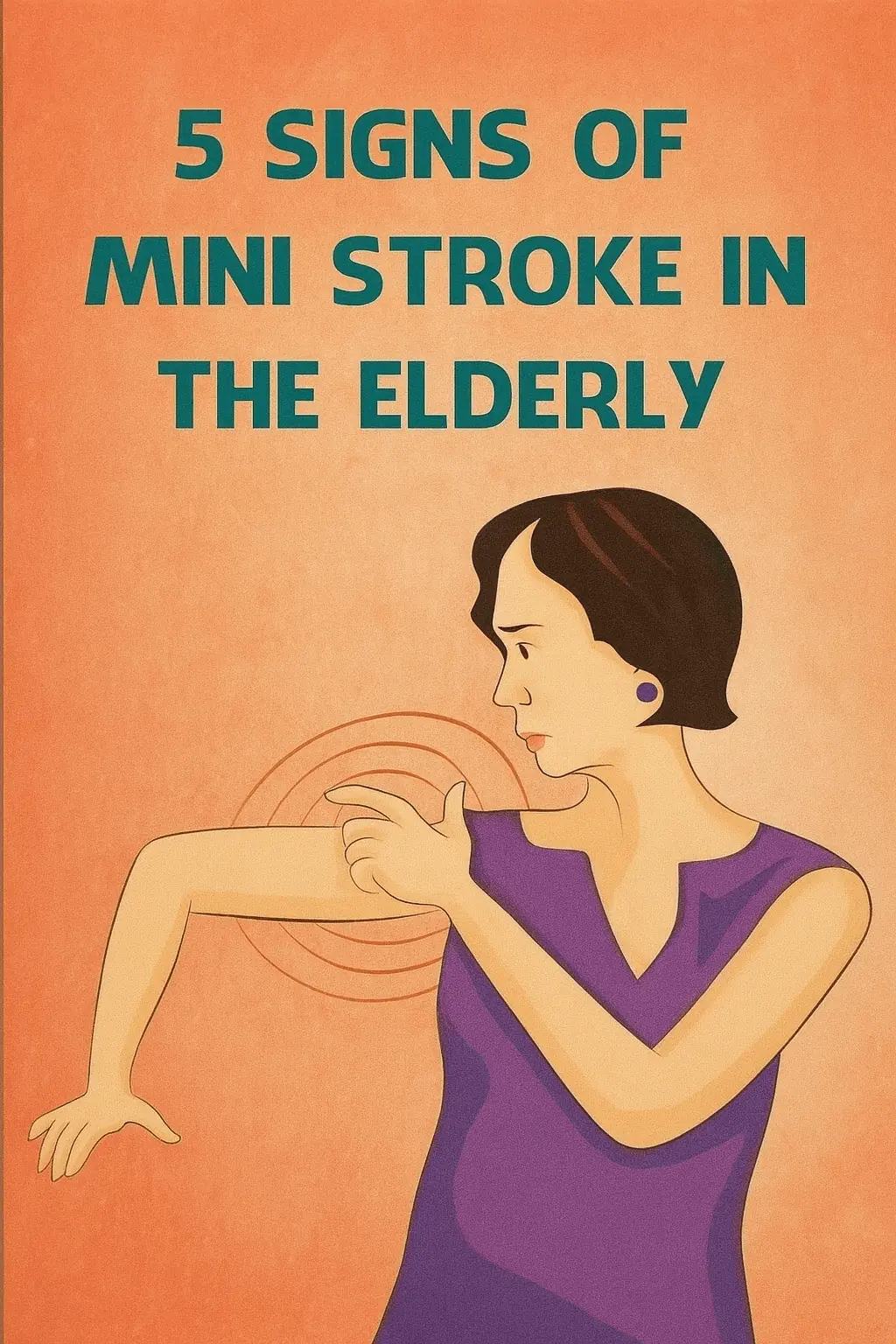
7 Signs of Mini Stroke in the Elderly

Carob: The Forgotten Superfruit Making a Healthy Comeback in 2025
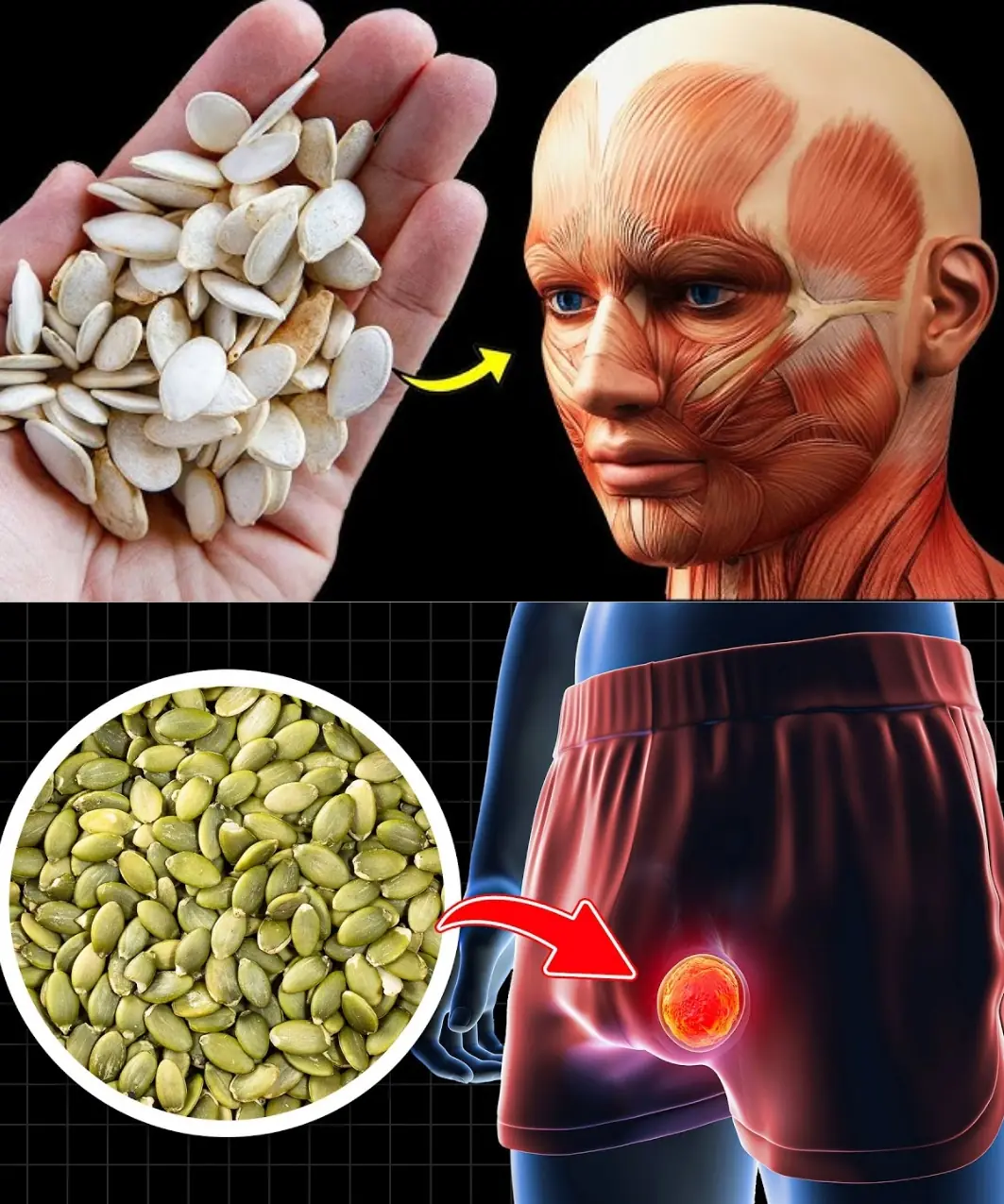
What Happens To Your Body When You Eat Pumpkin Seeds Every Day

4 foods to eat on an empty stomach in the morning to cleanse the gut, boost digestion, and lower cancer risk

What Your Skin Could Be Telling You About Hidden Health Issues

Banana Tea: Should You Try It? (Nutrition, Benefits, Recipe)

The Color of Your Stool Is Warning You About Your Health!
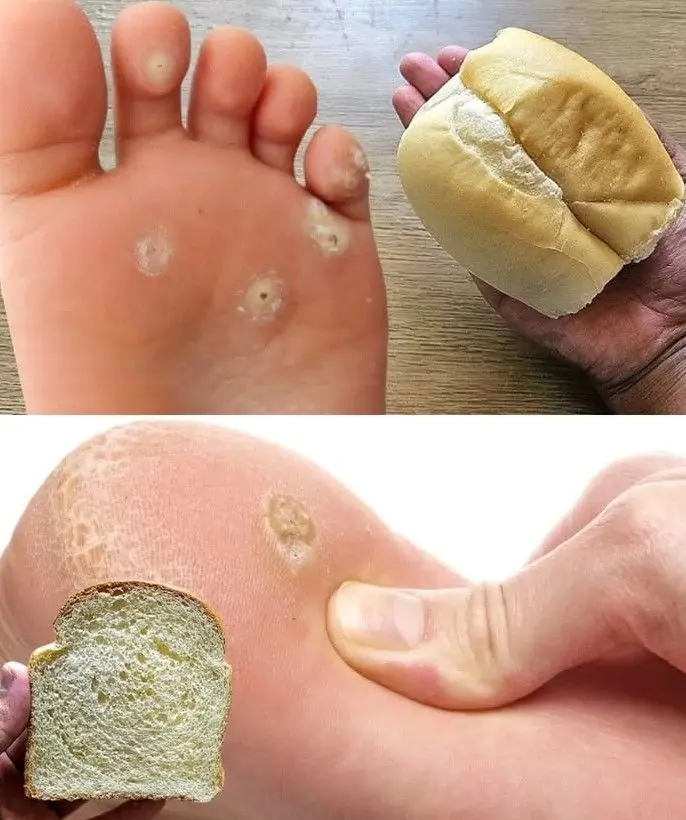
Remove Foot Calluses Naturally with This Simple Bread Remedy

Is It Acceptable to Wear Underwear Two Days in a Row? A Surprising Answer
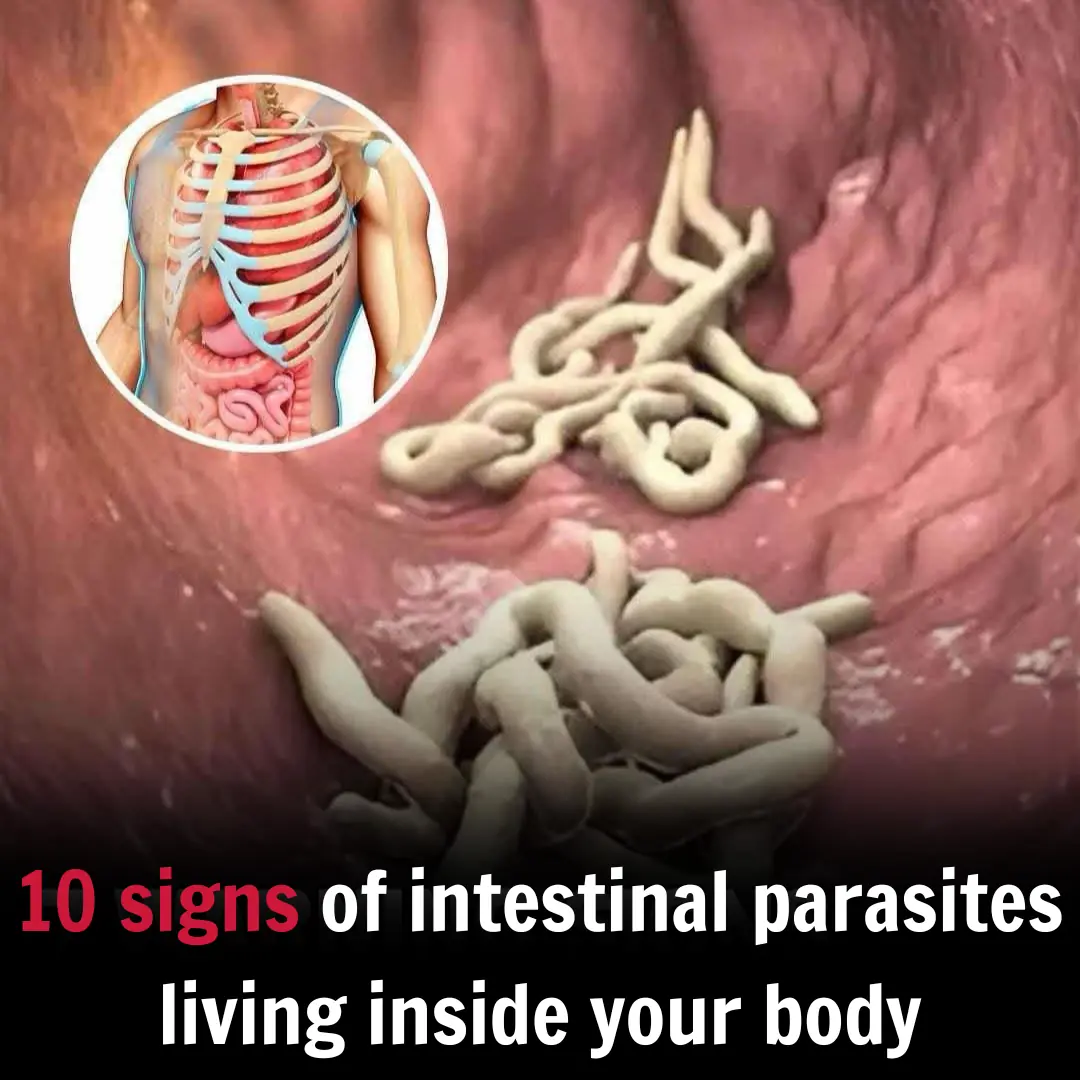
10 Signs You Might Have Parasites
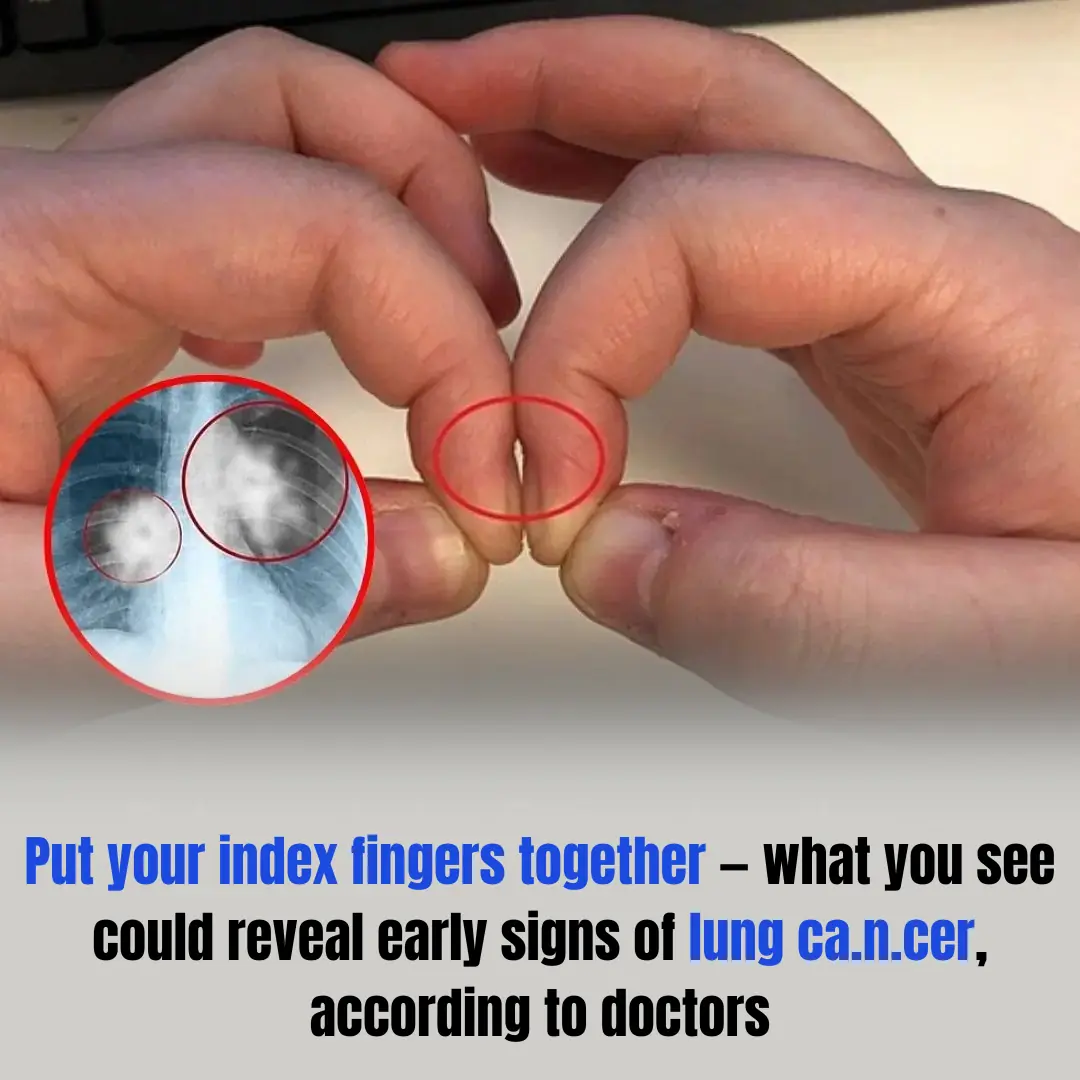
Put your index fingers together — what you see could reveal early signs of lung ca.n.cer, according to doctors

3 Unusual Neck Signs That May Warn of Cancer
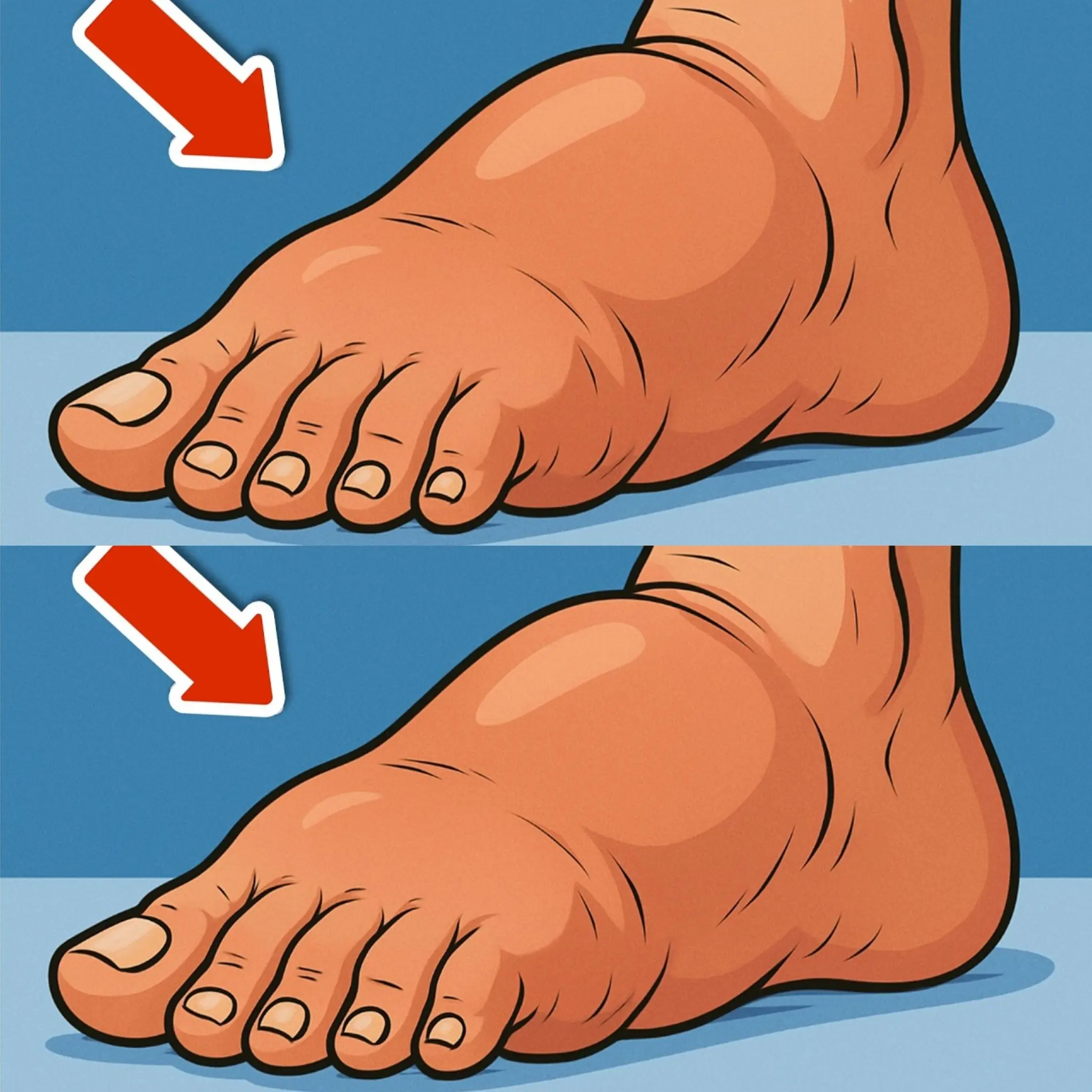
Eat THIS to Get Rid of Swollen Legs & Feet – Incredibly Fast!

Detect Early: Cancer Symptoms You Should Never Ignore
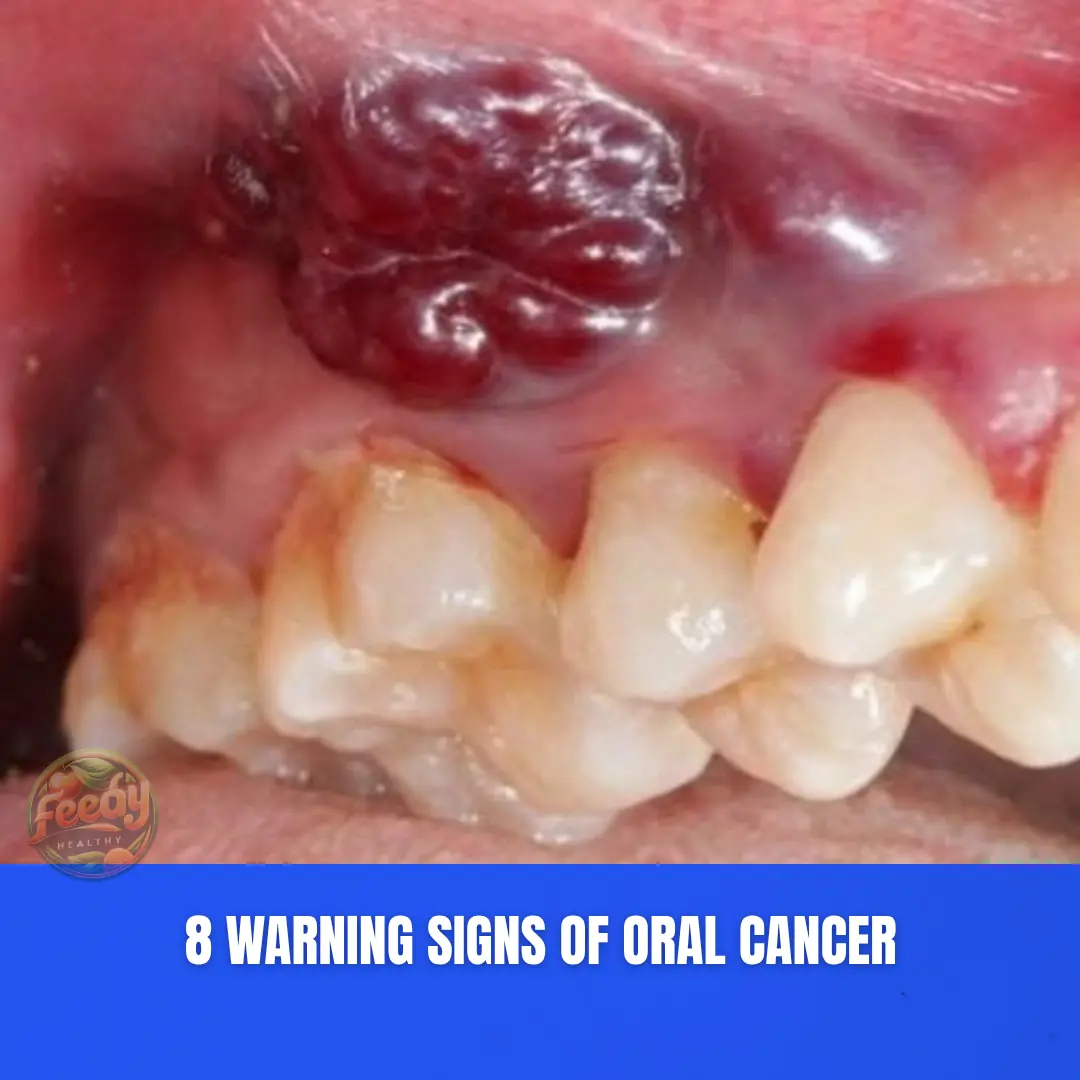
8 Warning Signs of Oral Cancer
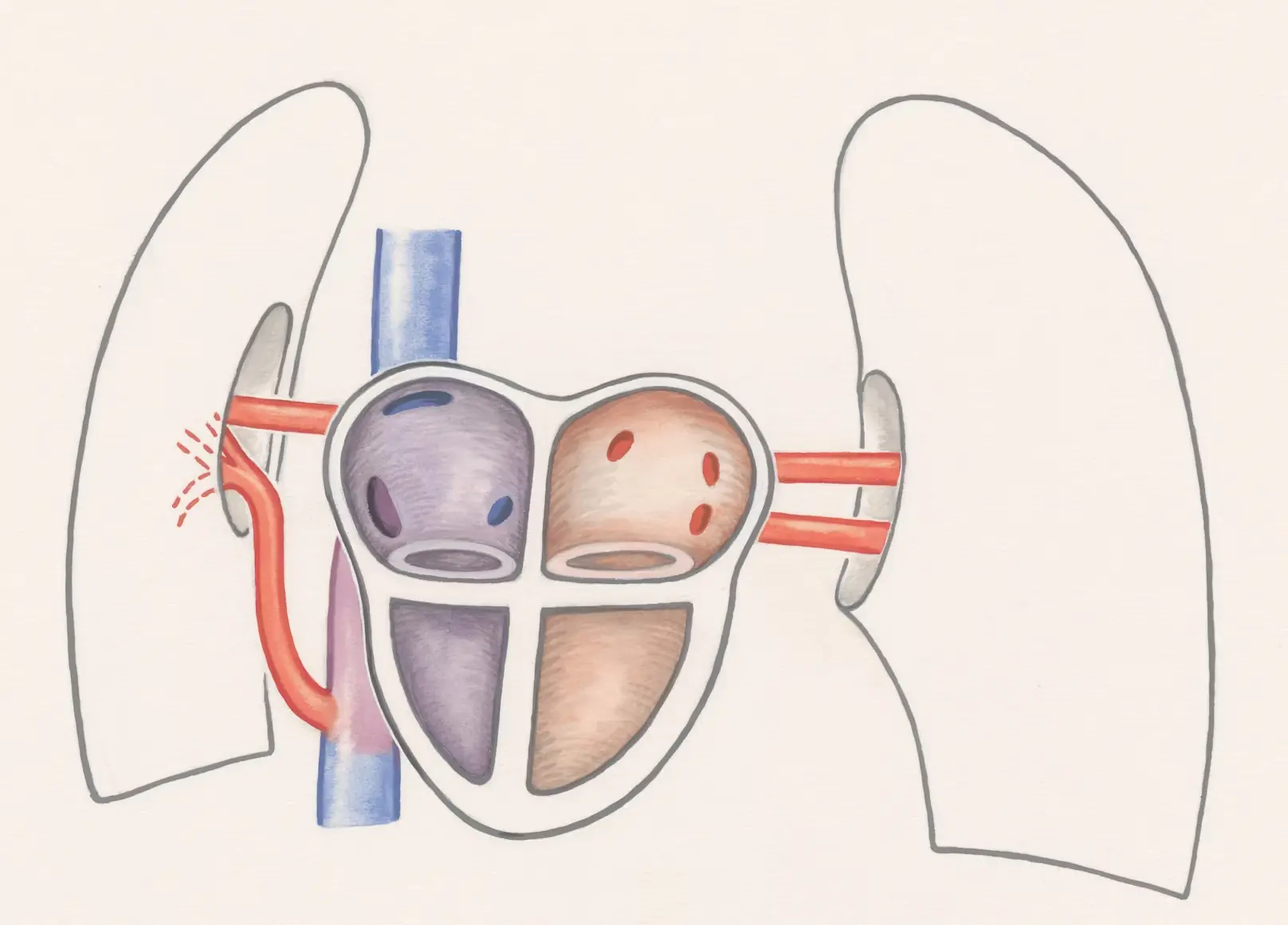
Doctors Shocked After Finding 300 Kidney Stones In Young Woman

13 Reasons You Should Eat Eggs and Sweet Potatoes Every Morning

If your mouth feels dry at night, here are 8 reasons why
News Post

Why Natural Beauty Deserves More Appreciation

Drink Parsley Water for 5 Days – Kidney Benefits Await
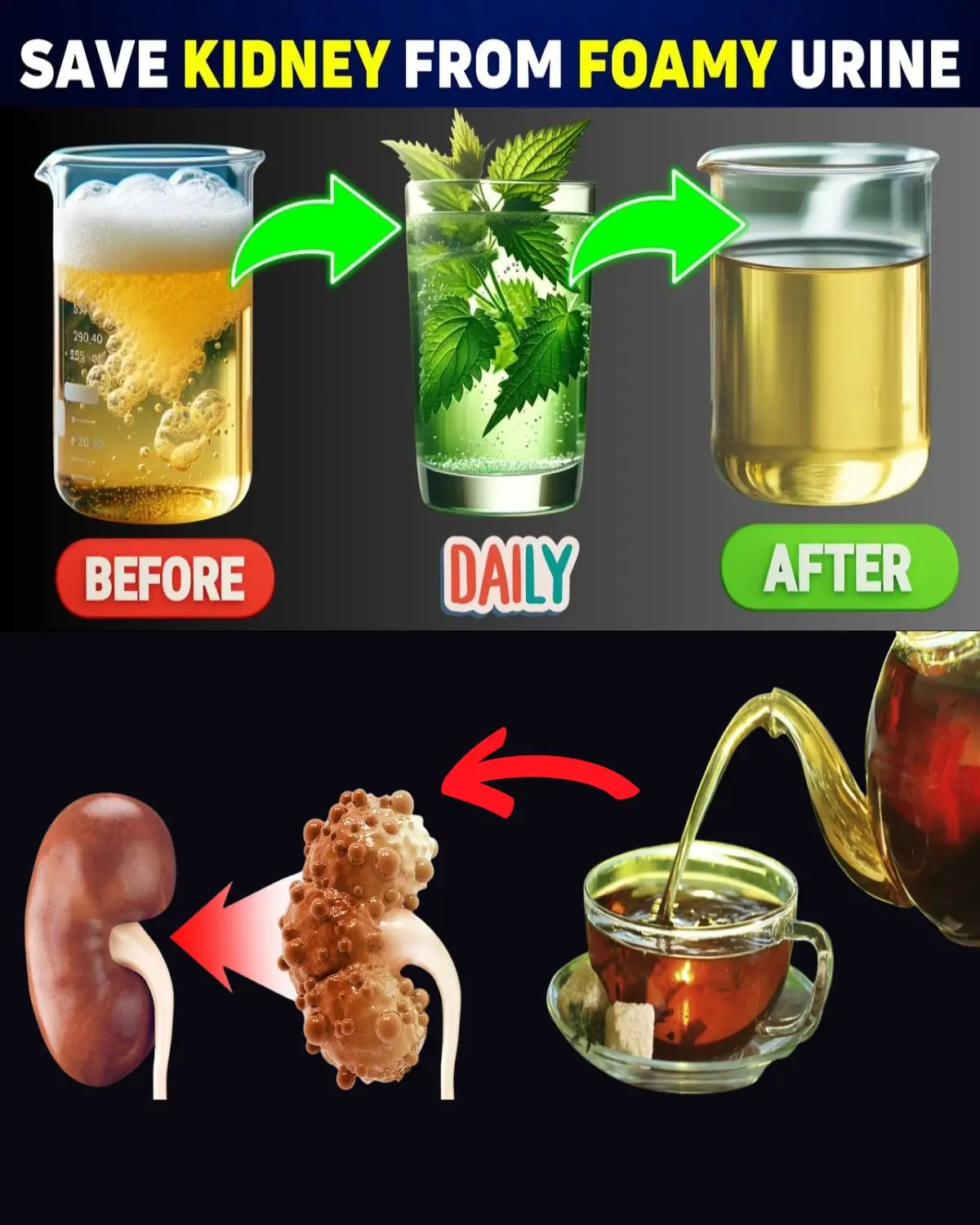
Top 10 Super Drinks to Support Kidney Health and Reduce Proteinuria
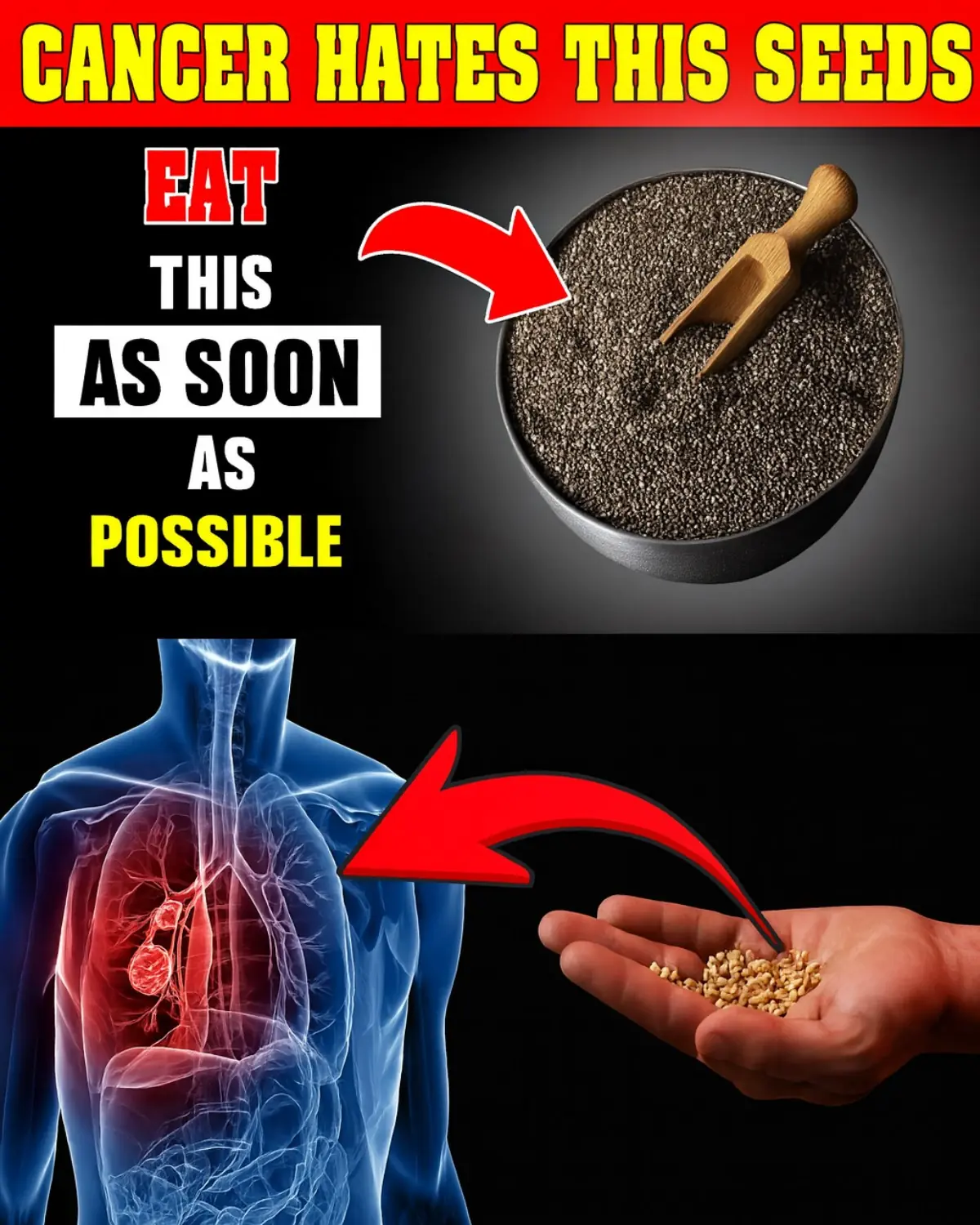
Cancer Hates These 6 Seeds – Seniors, Eat Them Daily (Support Wellness Naturally)

Why Dandelion Roots are the Most Important Part of the Plant
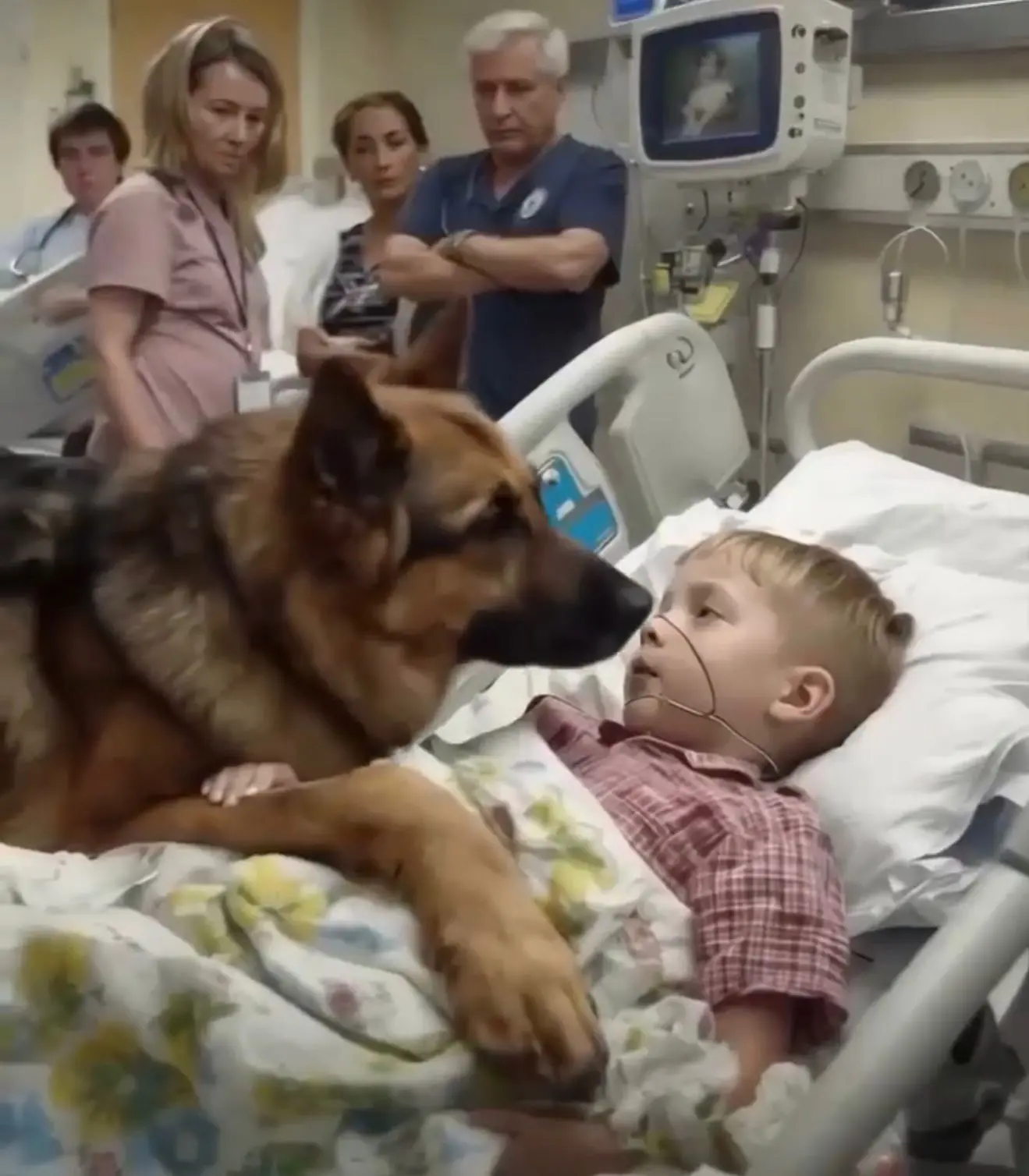
Boy shares a heartfelt hug with his dog before surgery — the outcome surprises everyone
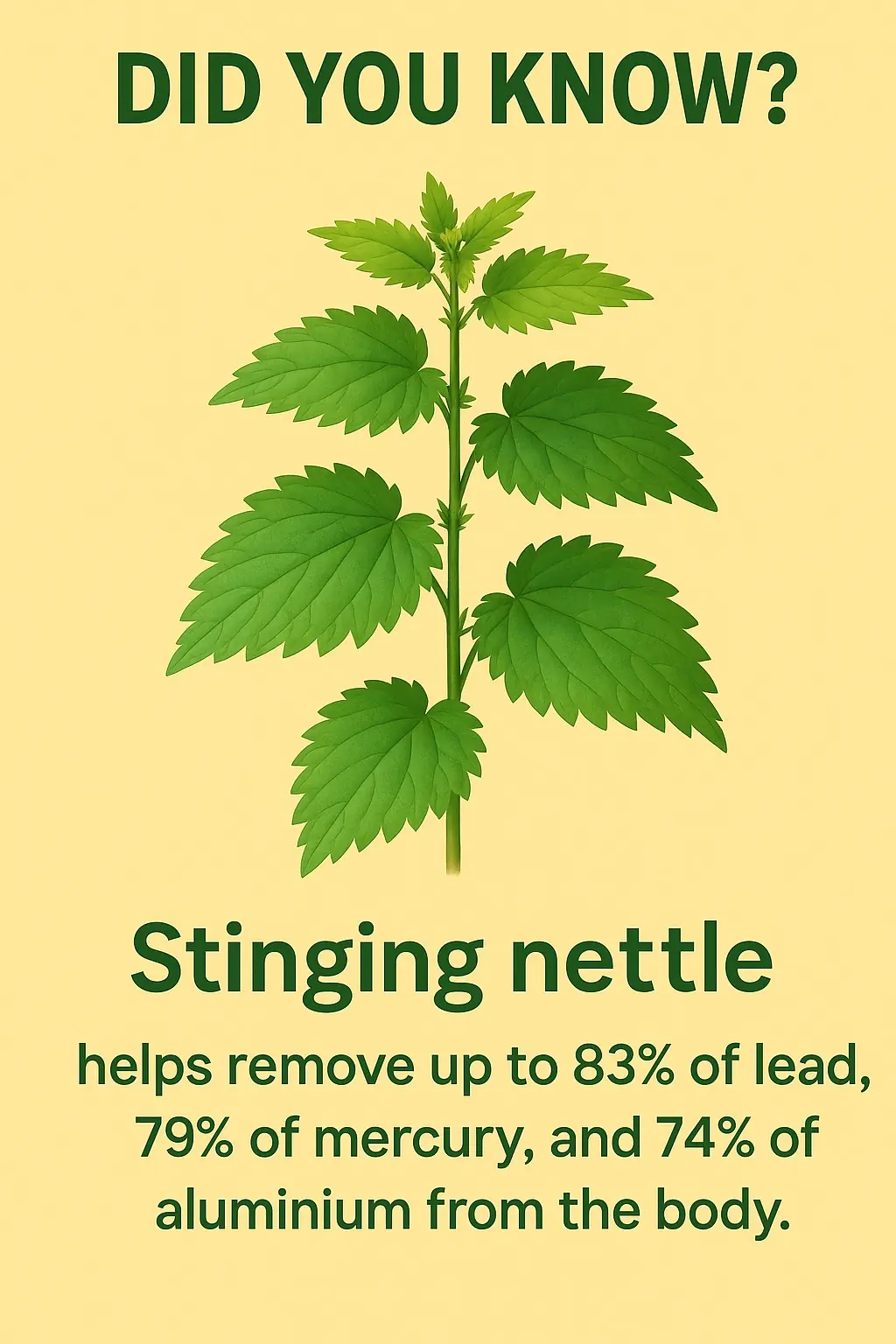
Stinging Nettle (Urtica dioica): A Powerful Detoxifying Plant Hidden in Plain Sight

A Heartwarming Act of Kindness in the Philippines: Woman Helps Elderly Balloon Vendor After Heartbreaking Loss
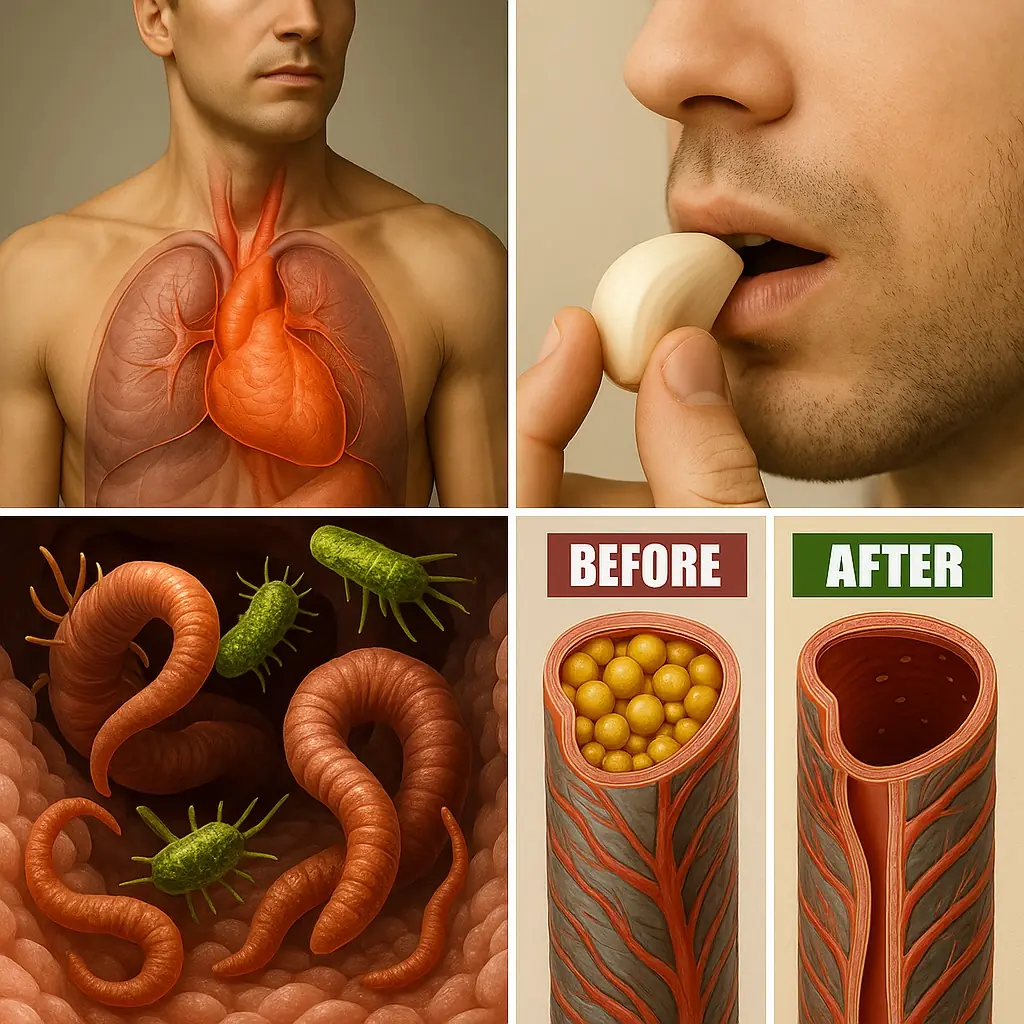
7 Benefits of Chewing Raw Garlic on an Empty Stomach

Model Makes History by Breastfeeding Her Baby on the Runway — A Moment That Redefined Motherhood in Fashion

What causes night cramps and how to fix the problem

Pick your wing to reveal who your guardian angel is

7 Signs of Mini Stroke in the Elderly

61-year-old man remarries his first love, wedding night brings shocking revelation

When a K-Pop Birthday Went Wrong: The Brazilian Brother Who Mistook Kim Jong Un for a Korean Idol

Carob: The Forgotten Superfruit Making a Healthy Comeback in 2025

What Happens To Your Body When You Eat Pumpkin Seeds Every Day

4 foods to eat on an empty stomach in the morning to cleanse the gut, boost digestion, and lower cancer risk
